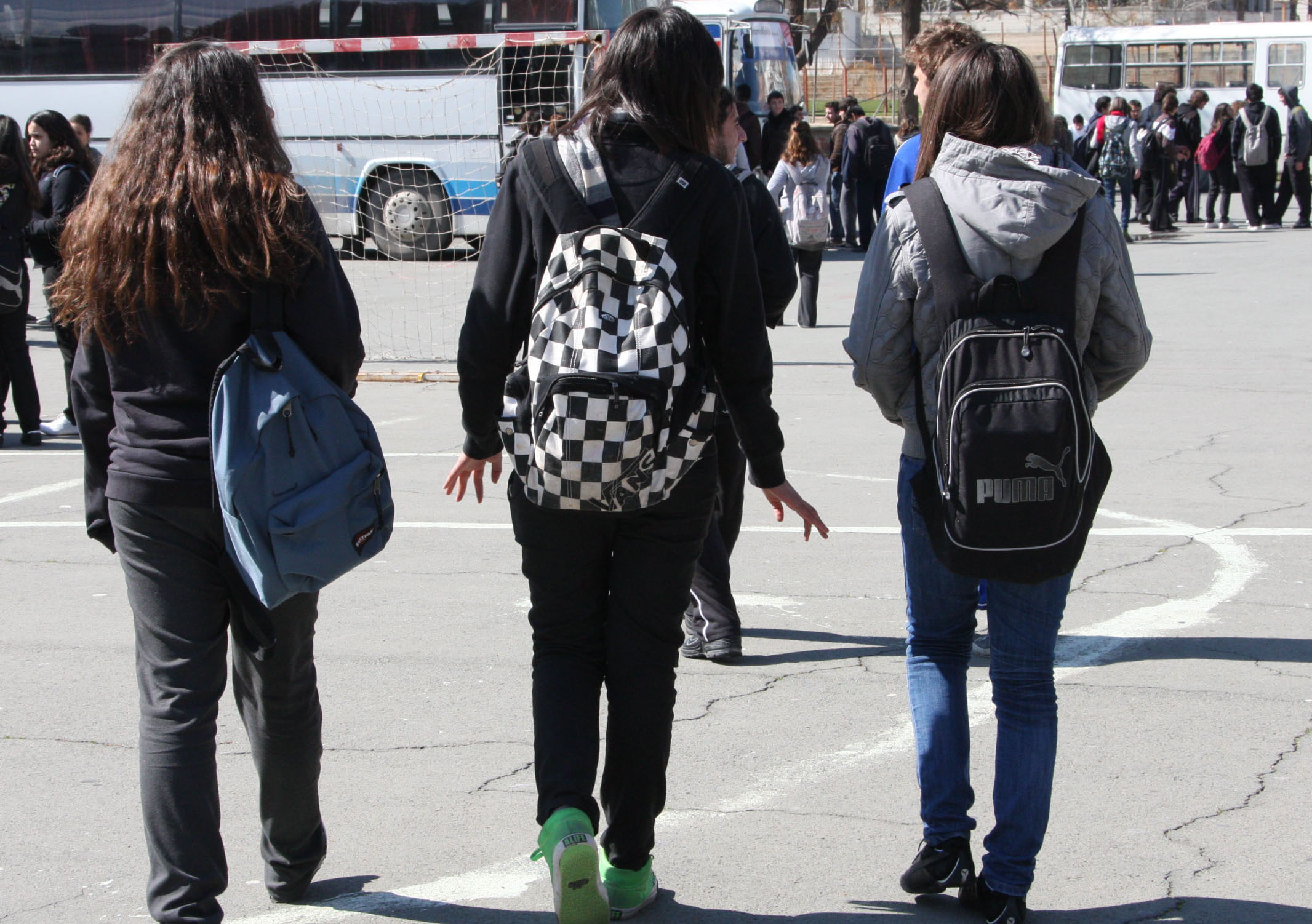In 2023, 86.6 per cent of children in Cyprus aged between three years and the minimum compulsory school age received formal childcare or education for at least 25 hours per week, compared to 68 per cent in the EU, according to Eurostat.
The EU’s statistical service also reported that only 0.9 per cent of children in Cyprus, compared to 21.1 per cent in the EU, received formal childcare or education for one to 24 hours per week.
When considering children at risk of poverty or social exclusion, 32.5 per cent of such children in Cyprus in this age group did not participate in any formal childcare or education. This figure is notably higher than the EU average of 16.8 per cent. Among children not at risk of poverty, the corresponding figures were 8 per cent in Cyprus and 9 per cent in the EU.
However, Eurostat noted that the data for children at risk of poverty or social exclusion in Cyprus is considered unreliable.
Children at risk of poverty were less likely to receive formal childcare or education for 25 hours or more per week. In Cyprus, 67.5 per cent of these children participated, compared to 58.7 per cent in the EU. For children not at risk, the rates were significantly higher: 90.9 per cent in Cyprus and 71 per cent in the EU.
On the other hand, children at risk of poverty were slightly more likely to attend formal childcare or education for one to 24 hours per week, with 24.5 per cent in Cyprus compared to 20 per cent of children not at risk.
Interestingly, the data for Cyprus showed that no children at risk of poverty attended formal childcare or education for one to 24 hours per week, while 1.1 per cent of children not at risk did.







Click here to change your cookie preferences